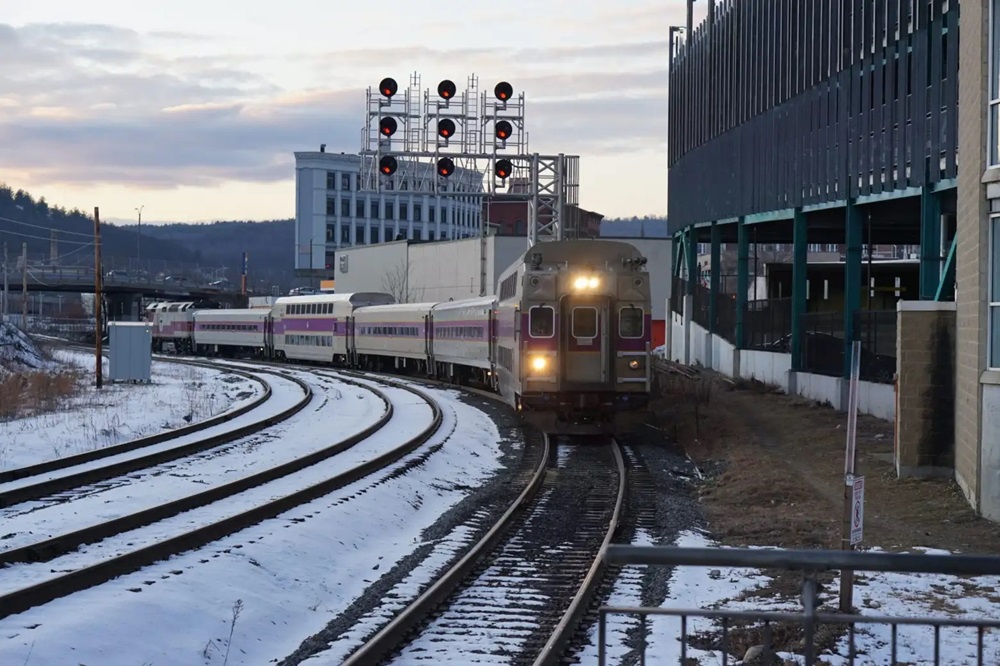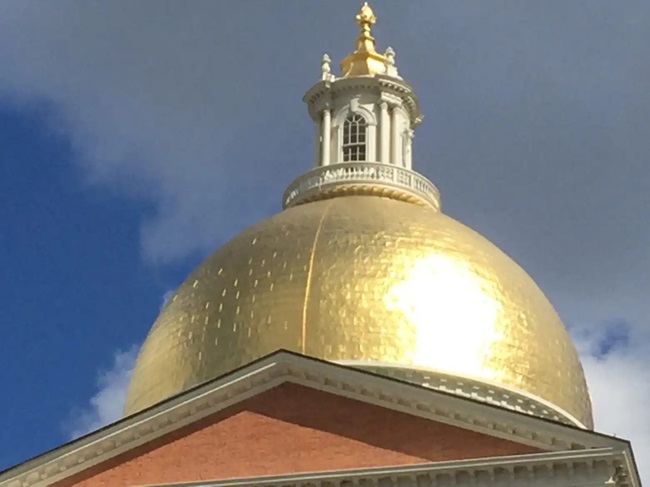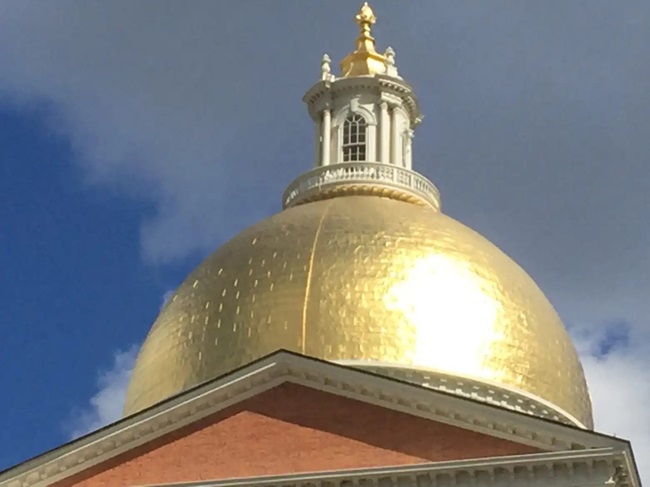To get people on board with any transportation funding package, we must build it so that people see themselves, their needs, and their hopes represented in it.

By Reggie Ramos
December 17, 2024
IT’S HARD TO fully understand what other people have to go through to get around, until you experience it yourself. While a number of us may be able to get to the grocery store or doctor’s office without too much advance thought, for many people across the state, it’s not so simple. Many Bay Staters are navigating rural roads without sidewalks or traditional fixed route bus service, or are spending a frustrating amount of time and money trying to piece together connections to arrive at an appointment on time.
The old saying of “be kind, for you never know what battles someone else is facing” certainly applies when we think of navigating our transportation systems, especially in rural Massachusetts.
Unfortunately, the kind of investment needed to connect communities has just not been poured into our systems. Add to that, an aging MBTA system that requires a massive upgrade in its infrastructure to reach a state of good repair, and regional transit authorities (RTAs) with either limited reach or service.
We need a long-term plan to fix transportation in all 351 cities and towns in the Commonwealth. And it’s going to cost money.
The situation is urgent. The MBTA is facing a $700 million fiscal shortfall next year, and even if the state finds the money to bridge that gap, the system still faces a $24.5 billion state of good repair backlog that needs to be addressed. Gov. Healey’s Transportation Funding Task Force is expected to present its recommendations to alleviate the financial woes facing the T by the end of 2024. Between that report and the gaps in connectivity throughout the state, we hope that these realities nudge the administration and lawmakers into action.
Pursuing policy that requires “new revenue” (aka raising taxes and fees) is never easy. To get people on board with any transportation funding package, we must build it so that people see themselves, their needs, and their hopes represented in it. Perhaps even more important, people must care about everyone’s mobility experiences across the state – to feel like we’re all in this together.
Historically, this has been a challenge in Massachusetts. Previous transportation discussions have sometimes devolved into competitions of east vs. west, urban vs. rural.
Transportation is most often an individual experience in Massachusetts, with polls showing most people commute alone. So how do we come together?
Early in 2024, Transportation for Massachusetts embarked on the statewide work of convening advocates and communities together to come up with recommendations for transportation funding grounded in their realities.
We started a series of ride-alongs, where we traveled with people the way they usually would in their day-to-day lives. Through accompaniment and conversation, we learn more about how and why folks make the travel decisions that they do. During our first ride-along with youth leaders from Alternatives for Community and Environment in Roxbury, and members of New England Community Project, who are Dorchester residents, we walked and took the subway, bus, and commuter rail together.
We learned that most riders relied on public transit, and that when public transit is not an option, half of them would have to resort to an Uber/Lyft or a private vehicle, a more financially burdensome alternative.
In the fall, we traveled west to learn about rural transportation realities and the ways Hilltown CDC, a nonprofit dedicated to revitalizing rural communities, is working to fill transportation gaps in the region. As we rode through Chesterfield, Goshen, and Plainfield, we heard the challenges that many residents face, including social isolation and difficulty getting to medical appointments and grocery stores – all of which are impacted by sparse transportation options.
We supplemented these ride-alongs with a poll and focus group to dive deeper into the transportation needs of people across the state and had numerous one-on-one conversations with partners working on the front lines of issues from housing to environmental justice to public health.
We learned things only lived experience can best demonstrate:
Continuing to raise the gas tax is not a tenable, long-term solution. It hits our lowest-income residents who depend on cars because of lack of transit options the hardest.
Buying and maintaining a private vehicle is a major financial burden for people. Access to public transit helps lower the cost of living, making people feel less squeezed in affording housing.
In smaller towns and rural areas, the gaps are wider. Between RTA fixed-route service, paratransit, and medical transportation, seniors especially find it difficult to make it to important health appointments and social gatherings that support their general well-being. The lack of options often means the most vulnerable have to skip medical appointments.

Despite RTAs being fare free, when folks have to connect to the commuter rail, cost remains a true barrier (even with low-income fares), impacting people’s ability to access jobs in our urban core.
The result became “Funding our Future: A Roadmap for Equitable and Sustainable Transportation Action in Massachusetts.” which we are releasing in coordination with more than 40 organizations to provide a roadmap for policymakers to use to sustainably and equitably invest in transportation for the future.
As a centerpiece, we advance a lens through which recommended measures ought to be examined: Does the proposed tax or fee change behavior and support our climate and public health goals? Does it disproportionately impact low-income folks? How can we mitigate negative impacts on certain groups?
We hope this report is a first step that spurs robust, continued engagement with all corners of the public across the CommonWealth in the year ahead. People are more open to various solutions when they feel they understand the “why” and that they’re part of the decision. And time and time again, we heard that people are willing to contribute to the cost if they are presented with a vision, and they know that low-income folks are protected.
We’ve seen our share of policies that have divided us, like the Federal Highway Act, which established the interstate highway system but displaced a million people from their homes, because they failed to account for the people who bear the brunt of the status quo. Let’s not do that anymore.
It’s clear that the best policy proposals evolve from the lived experiences of residents to address the issues that they face in their everyday lives. By learning together, we become in it together.
Reggie Ramos is executive director of Transportation for Massachusetts.
Commonwealth News Service

